Teams hall meeting: CBS staff raise concerns about government proposal and ask what could happen to CBS

(Photo by Anne M. Lykkegaard)
The President of CBS and the Dean of Education answered questions from CBS staff regarding two government proposals that could lead to significant cuts in the intake of CBS students. Staff members asked about a hiring stop, the international environment, and what action CBS is taking to argue against the proposals. The President of CBS encouraged staff members to forward input for the coming debates.
Have you considered a hiring stop? What will you say to foreign researchers who believe these developments signal that they should leave Denmark? Will fewer students lead to fewer TAP staff? Is CBS activating its network?
These questions came from CBS staff who joined the Teams Hall Meeting on June 3 in the wake of the government’s proposal to cut up to 10% of study places in the biggest cities and move them elsewhere in Denmark with the need for workforce and education. The meeting also touched on a coming proposal to dimension the international study places to put the brakes on SU expenses.
“We know that this is creating uncertainty and frustration in the organization,” Nikolaj Malchow-Møller, the President of CBS said as a starter.
Together with Gregor Halff, the Dean of Education, he briefed the organization on the matter and shared what he knows so far about the possible implications.
“As a public funded institution, we have a clear responsibility to help solve the issues. Is this proposal the right solution? We are not so sure. We already have many educational offerings in the country, and another aspect is that the students prefer the bigger cities. And by cutting the intake, we may risk making it difficult to get into CBS,” said Nikolaj Malchow-Møller.
He explained that what CBS would rather do is to build on existing education programs. For example, CBS has initiated a collaboration with Zealand Business Academy, which has six campuses across Zealand.
If you want to be world class, you need world standards, and therefore you need the world in your class
Gregor Halff
“We could make them stronger with attractive courses and build a bridge to universities for education later in life. We could contribute to research quality and specialized knowledge and enhance a local presence,” said Nikolaj Malchow-Møller.
On the issue of dimensioning the international programs, Nikolaj Malchow-Møller said:
“International study programs are crucial, and a dimensioning would jeopardize them. There is huge demand for international competences, and our students get such competences by being in an international environment. Therefore, together with CBS Students, we have suggested reforming the SU system by turning the stipends into loans in order to maintain the international study environment,” he said.
On the topic of being an international university Gregor Halff said:
“If you want to be world class, you need world standards, and therefore you need the world in your class, and that’s the situation here. Being international makes us world class. And this is an opportunity for me to say that it’s not just important, it’s non-negotiable for CBS to be international.
“It’s not your passport that makes you international, it’s your world view. And everyone is international when they are at CBS,” he added.
“Don’t Leave Denmark”
Gregor Halff and Nikolaj Malchow-Møller made no secret of the fact that they do not know the implications in detail, as neither of the proposals have been finalized or even presented and agreed in parliament.
“What we know is that if the reduced student intake and dimensioning of the international study places become reality, it will be a phase in a process. We will need to discuss various scenarios and how to do that before closing programs. We cannot rule out closing programs, but what we can say is that it will be our last option,” said Gregor Halff.
The intake cutbacks both for Danish and non-Danish students provoked concern among the international faculty, who, in their comments, expressed uncertainty about their future at CBS and whether the proposals should be seen as a signal to leave Denmark.
“Don’t leave Denmark,” Gregor Halff stressed and Nikolaj Malchow-Møller added:
“I don’t want you to leave. That’s extremely important to say. I understand why you see this as a signal, but let me reassure you that it’s not what we want as Senior Management. We will go a long way to maintain our international faculty,” he said and added:
“The companies and organizations in Denmark realize that the problems they are facing are of a global nature, and that requires a global network and the ability to work together across cultures and countries.”
TAP staff also wanted to know whether their positions would be in danger if fewer students are admitted to CBS.
“It’s too early to say. It very much depends on the solutions proposed, and before we can come up with solutions, we need to know in detail what is expected of us,” he said.
A staff member pointed out in the comments that Senior Management are having the same conversation with the students.
“Thanks for being so honest”
As the meeting proceeded, comments and questions regarding what CBS is doing to present arguments and data during the negotiations kept coming in. For example, one asked whether CBS is activating its network to support the objection, and another suggested that the main line of defense should be that the international students are a net economic benefit for Denmark.
To this Nikolaj Malchow-Møller said:
“We are activating our network. We are in dialogue with companies and organizations, and are in close contact with other universities. So we are in close contact with the entire network.”
Several of the participants also wanted to know whether CBS is completely ruling out the idea of establishing a satellite campus elsewhere.
“Running regional satellites is an uphill struggle. We have therefore suggested looking at the satellites that already exist, because starting from scratch is expensive,” he said and added:
“But this is not the end of the discussion. We expect to have another session before the end of this month, and in the meantime, if you have any ideas or questions, don’t hesitate to send them to us.”
Towards the ending of the meeting, a comment ticked in saying: Thanks for being so honest.



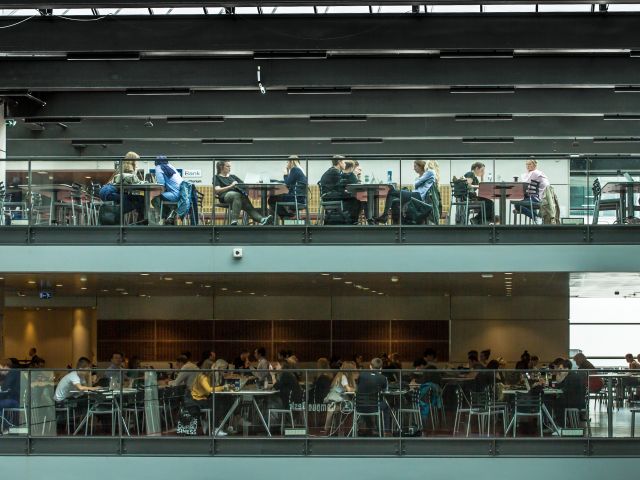
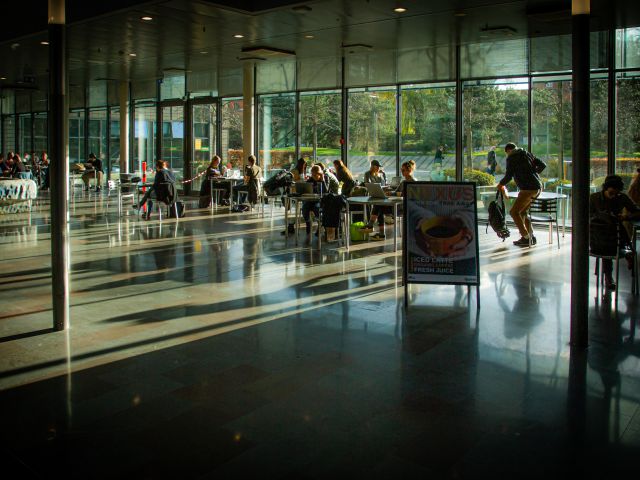

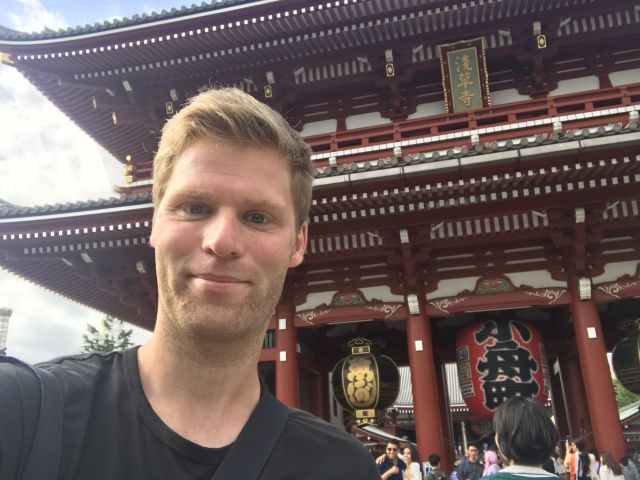
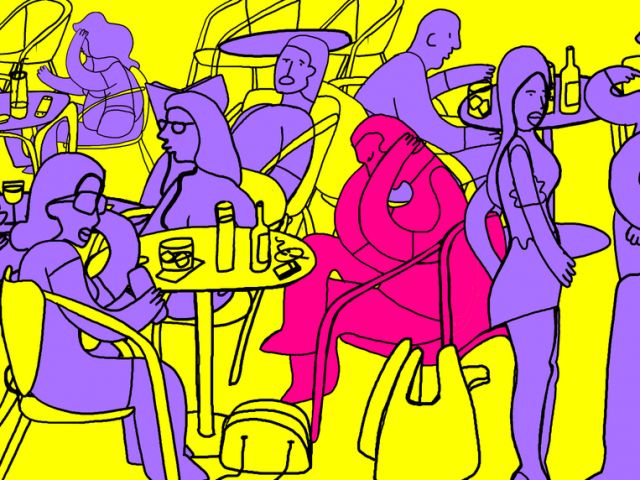
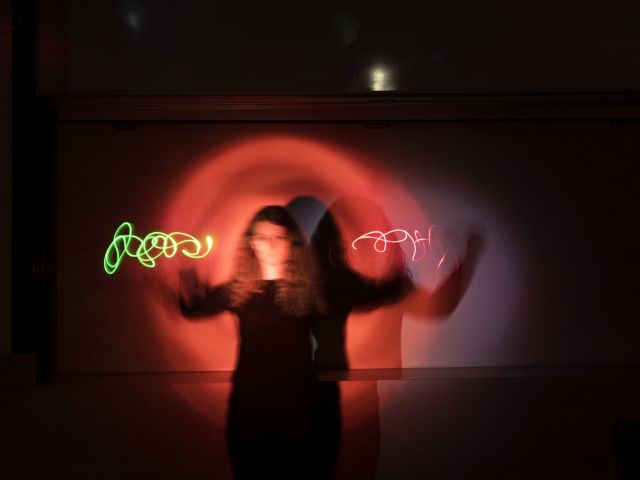
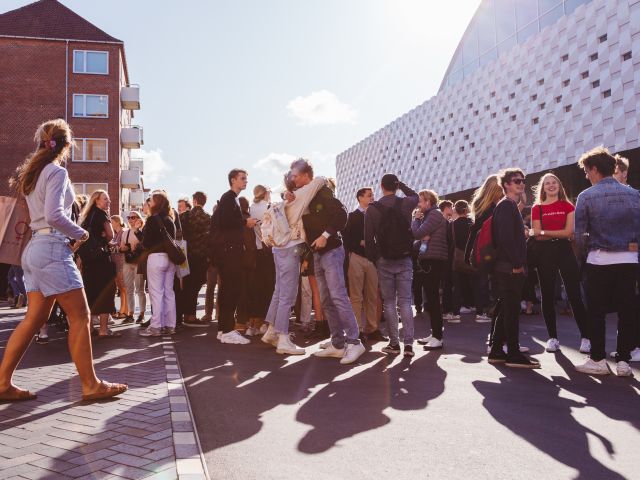




























































































































Comments